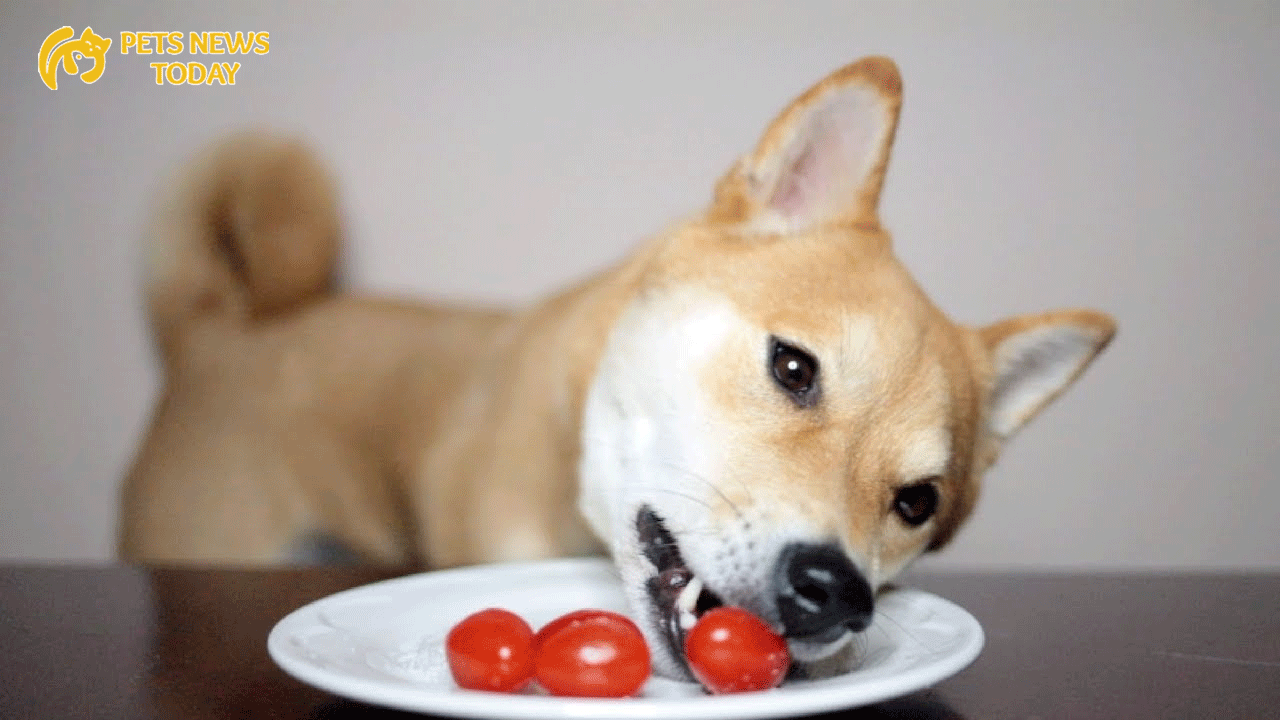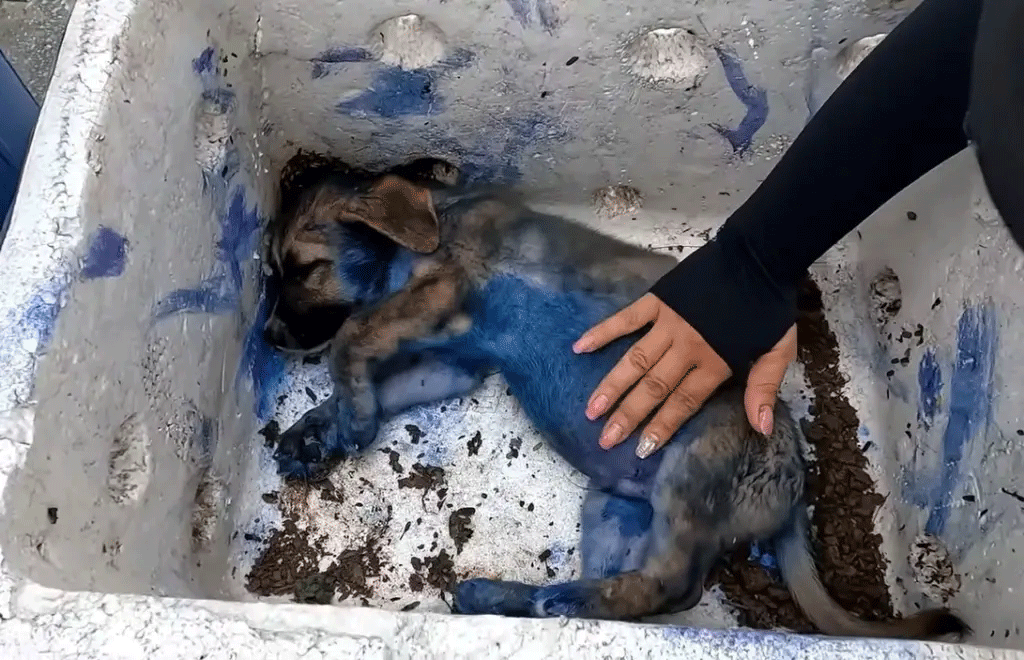Can Dogs Eat Tomatoes? – What Every Pet Owner Should Know

Tomatoes are a versatile and widely consumed fruit used in various dishes and cuisines worldwide. As a pet owner, you may wonder whether tomatoes are safe for your canine companion. While certain fruits and vegetables can offer health benefits to dogs, others can pose risks. In this article, we will explore whether tomatoes are safe for dogs to eat, the potential risks involved, and how to safely incorporate tomatoes into your dog’s diet.
Are Tomatoes Safe for Dogs To Eat?

Yes, dogs can eat ripe tomatoes in moderation, but there are important precautions to consider. While the fruit itself can be safe, some parts of the tomato plant are toxic to dogs. Additionally, overconsumption of tomatoes can lead to health issues. Let’s dive deeper into the potential risks and safety guidelines for feeding tomatoes to your dog.
Risks of Feeding Tomatoes to Dogs
Feeding tomatoes to your dog can pose certain risks, including:
- Solanine and Tomatine Toxicity: The green parts of tomato plants (leaves, stems, and unripe fruits) contain solanine and tomatine, toxic compounds that can be harmful to dogs if ingested in large amounts. Symptoms of toxicity may include gastrointestinal upset, lethargy, weakness, and in severe cases, tremors or seizures.
- Digestive Upset: While ripe tomatoes are generally safe, they are acidic and can cause digestive upset in some dogs, especially if fed in excess. Symptoms may include vomiting, diarrhea, or stomach pain.
- Choking Hazard: Cherry tomatoes, grape tomatoes, or large tomato slices can pose a choking hazard to dogs, particularly small breeds. Always cut tomatoes into smaller, manageable pieces before offering them to your dog.
- High Sodium and Preservative Content: Processed tomato products such as tomato sauce, tomato paste, or canned tomatoes often contain high levels of sodium, preservatives, or seasonings that can be harmful to dogs. Avoid feeding these products to your pet.
How to Safely Feed Tomatoes to Your Dog

If you decide to offer ripe tomatoes to your dog, follow these guidelines to ensure their safety:
- Choose Ripe Tomatoes: Only feed your dog ripe tomatoes, as they contain lower levels of toxic compounds compared to unripe tomatoes.
- Remove Green Parts: Be sure to remove any green parts, including leaves and stems, as these contain toxic solanine and tomatine.
- Cut into Small Pieces: Cut tomatoes into small, manageable pieces to prevent choking.
- Serve Fresh: Offer your dog fresh tomatoes without added seasonings, sauces, or oils. Avoid processed tomato products, as they may contain harmful additives.
- Moderation is Key: Feed tomatoes to your dog in moderation as a treat rather than a staple of their diet. Too much tomato can cause digestive upset or other health issues.
Signs of Tomato Toxicity in Dogs
If your dog consumes green parts of tomato plants or unripe tomatoes, watch for signs of tomato toxicity, including:
- Gastrointestinal upset (vomiting or diarrhea)
- Lethargy
- Weakness
- Loss of appetite
- Ataxia (lack of coordination)
- Tremors or seizures (in severe cases)
If you notice any of these symptoms, seek immediate veterinary care for your dog.
Safe Vegetable Alternatives for Dogs
If you want to provide your dog with safe and nutritious vegetables, consider these alternatives:
- Carrots: Carrots are low in calories and rich in beta-carotene and fiber. They make for a crunchy and satisfying treat.
- Green Beans: Green beans are low in calories and high in vitamins and minerals. They can be served fresh, frozen, or cooked.
- Zucchini: Zucchini is low in calories and provides essential nutrients. It can be served cooked or raw, but avoid seasoning with spices or sauces.
- Cucumbers: Cucumbers are hydrating and low in calories, making them a refreshing and healthy snack for dogs.
- Peas: Peas are rich in vitamins, minerals, and fiber. They can be served fresh, frozen, or cooked.
Conclusion
In conclusion, while ripe tomatoes can be safe for dogs in moderation, there are potential risks associated with feeding tomatoes to your dog. Green parts of the tomato plant contain toxic compounds and should be avoided. Additionally, overconsumption of tomatoes can lead to digestive upset.
If you decide to introduce tomatoes into your dog’s diet, do so sparingly and follow the safety guidelines outlined in this article. Always observe your dog for any signs of toxicity or digestive upset and consult your veterinarian if you have any concerns.
As a responsible pet owner, it’s essential to be mindful of the foods you offer your dog to ensure their safety and well-being. By doing so, you can help your dog enjoy a happy and healthy life.



